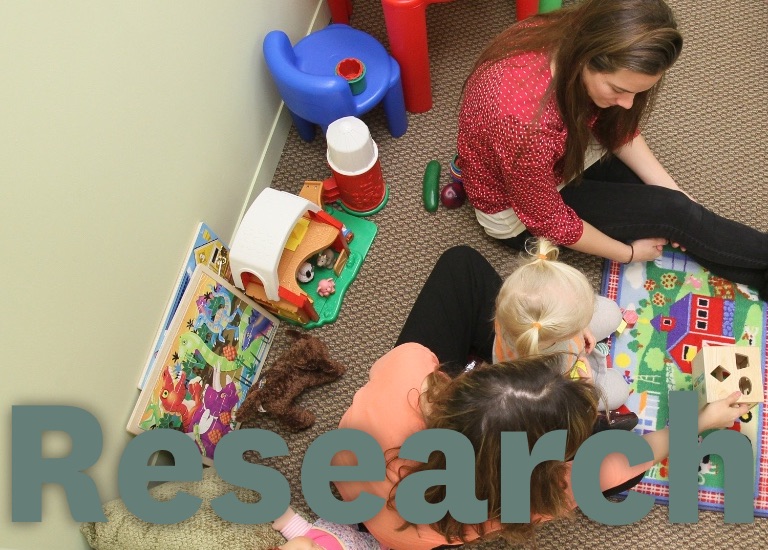Sorry
The page you’re looking for doesn’t exist. Check that the address you’re using is correct. To find your way around from here, use the menus above, the search box at the top of the page, or go to our home page.


Research
About Our Research Research Faculty Research CoresThe page you’re looking for doesn’t exist. Check that the address you’re using is correct. To find your way around from here, use the menus above, the search box at the top of the page, or go to our home page.
USC Chan Division
| Who to contact | |
| Find Us | |
| +1 (323) 442-2850 +1 (866) 385-4250 (toll-free in the US) |
OT Faculty Practice
| Find Us | |
| +1 (323) 442-3340 +1 (323) 442-3351 (fax) |
Social
Information
Request program information![]() Subscribe | RSS
Subscribe | RSS
Chan News
Chan Student Blog
Chan Admissions Blog
Careers at Chan
External OS/OT Jobs
Tools
ACOTE accreditation | NBCOT certification
The USC entry-level master’s degree program (cost of attendance) is fully accredited by the Accreditation Council for Occupational Therapy Education® (ACOTE®). The USC entry-level OTD degree program (cost of attendance) has been granted Candidacy Status by ACOTE. View our program’s ACOTE standards public data. Accreditation Council for Occupational Therapy Education, Inc.®, 7501 Wisconsin Avenue, Suite 510E Bethesda, MD 20814, (301) 652-6611, accred@aota.org, acoteonline.org
Professional program graduates are eligible to apply for certification by National Board for Certification in Occupational Therapy, Inc.® (NBCOT), nbcot.org. Program results from the NBCOT can be found online at www.nbcot.org/Educators-Folder/SchoolPerformance.



